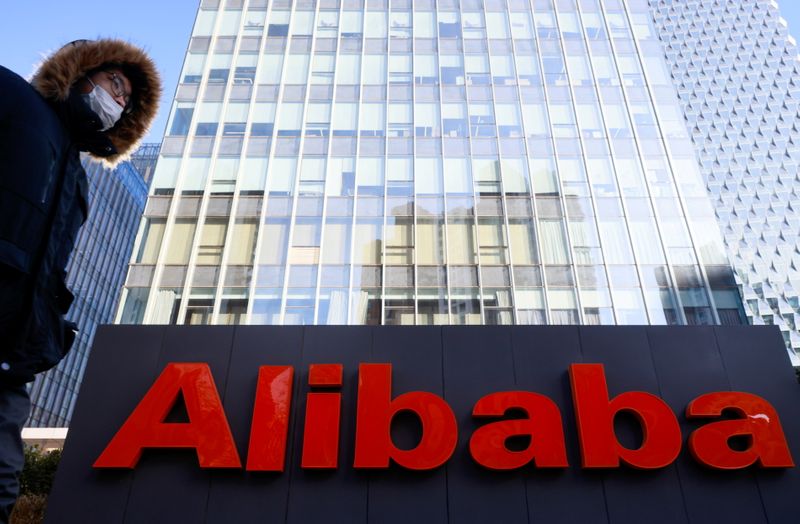Hong Kong Tech Giants Rally on Hopes of U.S. Audit Deal
2022.08.26 08:01

By Ambar Warrick
Investing.com– Hong Kong’s largest technology stocks surged on Friday following a report of a deal that could potentially take some U.S. regulatory pressure off their overseas listings.
Local shares of Alibaba (NYSE:BABA) Group Holding Ltd (HK:9988), Jd.Com Inc (HK:9618), Baidu Inc (HK:9888)and Meituan (HK:3690) rose between 1.9% to 5%, after a Wall Street Journal report said Washington and Beijing were close to striking an auditing deal.
The deal will allow American auditors to travel to Hong Kong and review the accounts of firms with dual listings, allowing for more transparency in their reporting, and potentially helping them avoid being delisted from the New York Stock Exchange (NYSE), the WSJ said.
U.S. regulators have threatened to delist over 200 Chinese companies from the NYSE if their auditors can’t be inspected by the U.S. Public Company Accounting Oversight Board (PCAOB).
The increased scrutiny comes under the Holding Foreign Companies Accountable Act, which became law in December 2020, which was passed in response to a scandal involving accounting fraud at U.S.-listed Chinese firm Luckin Coffee (OTC:LKNCY).
The Securities and Exchange Commission (SEC), starting in March, began publishing a provisional list of firms that the PCAOB is unable to audit. In response, China relaxed regulations stating that on-site auditing of Chinese companies with overseas listings can only be conducted by Chinese agencies.
Majors such as Alibaba, JD (NASDAQ:JD).com and Baidu (NASDAQ:BIDU) have all been identified as non-compliant by the SEC.
This has also dented their stock valuations in both U.S. and Hong Kong markets, exacerbating a broader decline in technology stocks this year.
Alibaba, the biggest company with a dual listing, has already started proceedings to transfer its main listing to Hong Kong markets.
Others, including PetroChina Co 601857), the country’s largest oil and gas producer, said it will delist its American listing due to low trading volumes and the regulatory cost of maintaining the listing.







